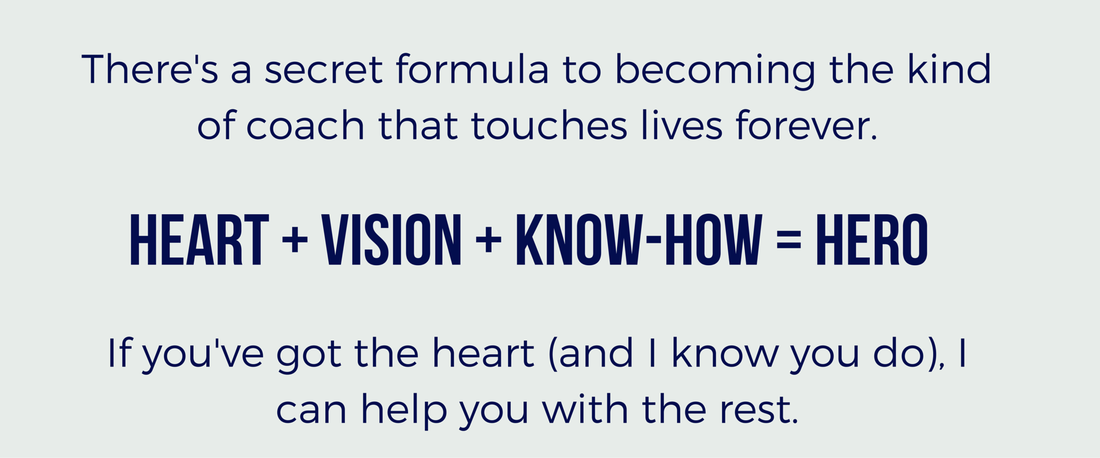- Jimmy Graham on Carroll's Seahawks = "here, they feel like you guys are already men and we're going to treat you like men. It's literally all positive reinforcement."
- Gervais' psych and emotional input possible as Carroll built a team that valued keeping an open mind.
- Carroll and his staff are "supportive and nurturing"
How to increase mental toughness: 4 secrets of Olympians and Navy SEALS, on Bakadesuyo.com
1. Talk positively to yourself.
- Optimists have the view that bad things are temporary, bad things have a specific cause and aren't universal, it's not their fault.
2. Set goals
3. Practice visualization. Don't seek perfection, try to see problems you may encounter and how to solve them
4. Use simulations
Billy Bean on making better decisions... , on farnamstreetblog
- When he hired he looked out of sport to someone who didn't have his biases - Paul dePodesta was a Harvard Econ major.
- Remove the emotion from decision making - your own experiences are tied to an emotion. Take blind eye and look at things fresh. Don't make assumptions.
- Always analyze your process, make sure you weren't correct through serendipity but because the process is good and you are doing things properly.
- "I think, if anything, we certainly didn't fear failure, because we felt like going a traditional path was certainly the surest of failure based on revenues and the payroll we were on"
- Always analyze your foundation as culture and tradition are ingrained quickly. If you wrongly assume you are correct, it can really go awry.
Importance of friendship groups in sport, on SCUK
- understand young people's motivations for coming
- take time to understand friendship groups
- Encourage more/bigger/new friendship groups
- Allow time for social (media) breaks
The Rocky Road of Excellence, on changingthegameproject.org
- You must risk being uncomfortable to achieve something worthwhile
- Alan Stein = "Do the habits you have today match the dreams you have for tomorrow?"
- As coach, give players and team accountability. Hold to high standards. Make it tough, then be there after to debrief and understand outcome.
Greetings from Cub Med, on si.com
- Joe Maddon's Cubs Spring Training they seek to go about work with a collegiate confidence, a rapport in which the joy of playing together is greater than the burden of having to meet expectations individually.
- "Embrace the target". They welcome expectations.
- Joe Guru stressed Individuality and Authenticity. Spring Training isn't about reps but to think properly.
- 1st week Maddon has meetings with all players and he gives players the freedom to be most relaxed self.
Jameis Winston: What I learned, on MMQB
- A lot of what we did was just developing good habits
Drills. Why not? on rightbackonthebench
- Games based training works due to amount of touches, "players practicing everything the need to improve at football - practicing assessing the football situation, making a decision based on that assessment and then executing that decision all at the same time"
Is your feedback process false and failing?, on Coach Logic
By Allistair McCaw.
- A lot of coaches not consistent enough in providing honest feedback - regardless if nice or not.
- Many talk of 5:1 ratio in favour of positive comments, AM is more like 3:1 as need to be honest and realistic
- Eastern Euro coaches brutal honesty compared to US or UK
- Not 'criticize' but 'information'.
- Feedback centres around
1. Timing of it
2. Feedback based on facts, with proof
3. Feedback that is honest
- Lying to athlete and self if not giving the info they need
- "You don't improve with criticism, rather you improve with the right information"
- Effective communication 80% how delivered and 20% what.
Old Trafford kids buying into my philosophy, on DailyMail
- Louis Van Gaal - "I think being a teacher is part of my function as manager"


 RSS Feed
RSS Feed
